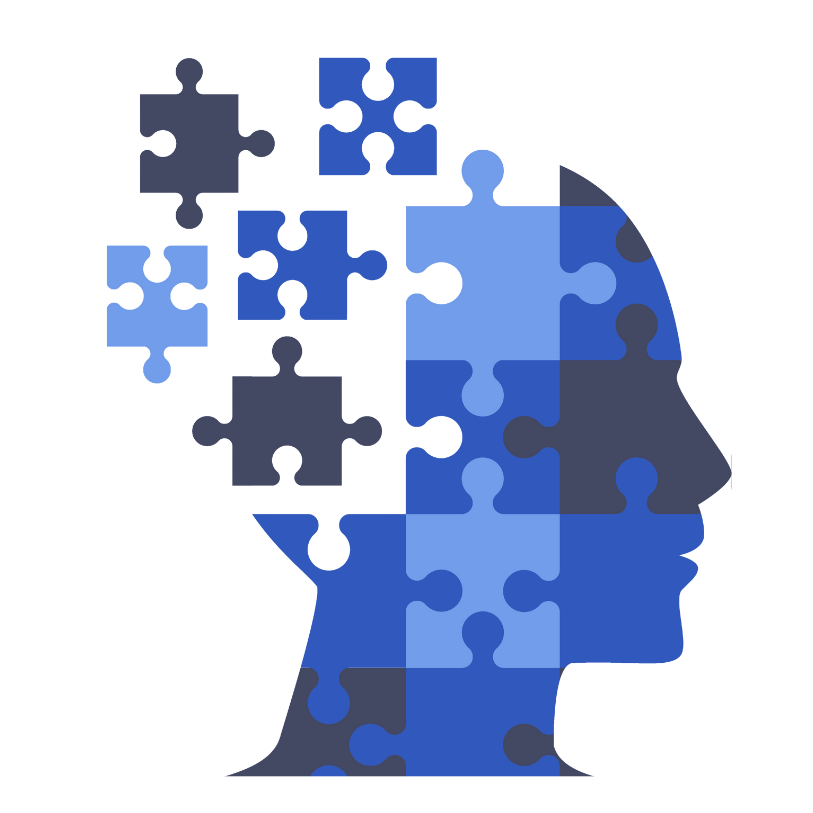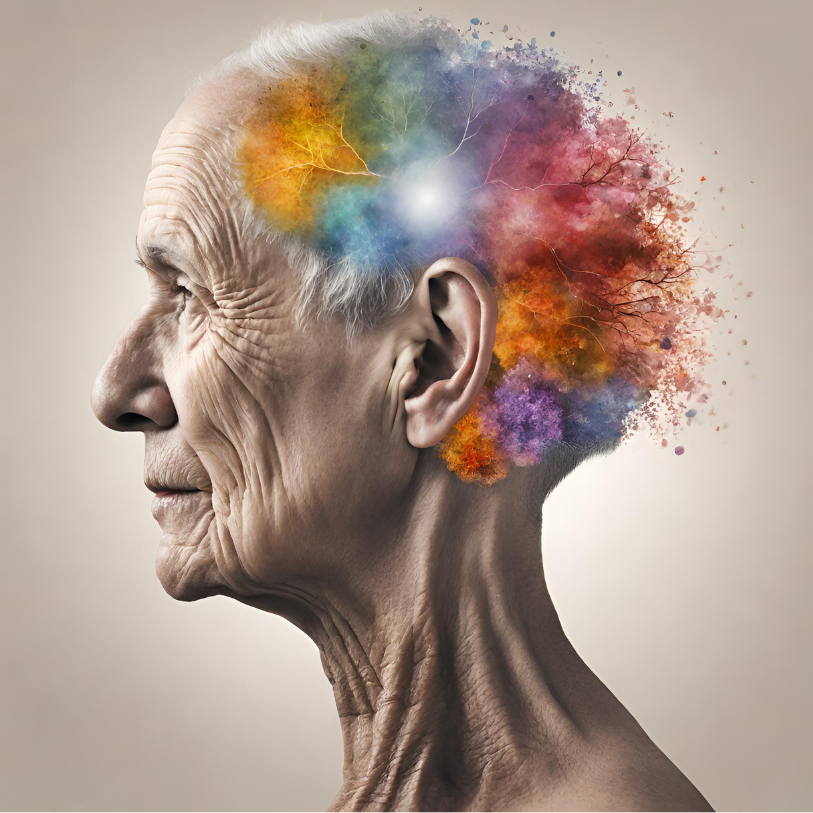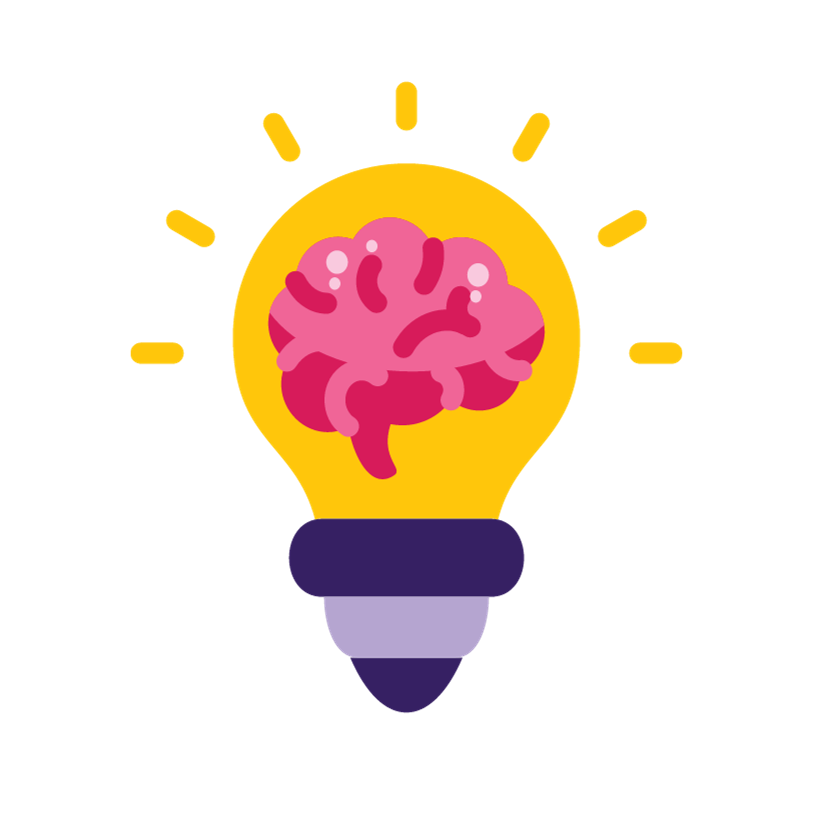
An integrated and comprehensive senior community care program
designed to attend to early stages of dementia.

Our Mission
Dedicated to improving the well-being of older adults in Rockland County through comprehensive and compassionate services geared towards overall well-being. We aim to create a supportive and inclusive environment, fostering independence, dignity, and a sense of belonging.
Our Vision
Fostering optimal health and hell-being for older adults in Rockland County. We provide a community where the health of every older adult is prioritized and supported, and we aspire to create an environment that promotes active aging, preventive care, and holistic well-being.

Our Main Program in 2024:
An integrated senior community care program designed to attend to early stages (2-4) of dementia.
The Unknown
Treat Dementia
Elevate the quality of care received by living with dementia in our community program.
The Uncertain
Prevent Dementia
Build an insight- and data-based system of treatmentapproaches and strategies.
The Unnoticed
Understand Dementia
Increase research and tie-upswith universities and/or statefor dementia solutions.

The Challenge
Currently more than 55 million people have dementia worldwide, over 60% of whom live in low-and middle-income countries. Every year, there are nearly 10 million new cases. Dementia results from a variety of diseases and injuries that affect the brain.
– World Health Organization
Our focus: Stages 2-4
If you have dementia, being diagnosed at an earlier stage gives you a chance to adjust and get things you need, such as: access to support. There is no cure for the diseases causing dementia yet. But there is lots of support that can help you live as well as possible.
– alzheimers.org.uk


The Inspiration
Simply put, a schema describes patterns of thinking and behavior that people use to interpret the world. Schemas are mental models found in long-term memory. The brain utilizes such models to organize information about the world. Schemas are essentially built from our memories of our unique experiences.
Our Working Best Processs

Step 1: Assessment
- Testing of the severity of patient’s dementia
- Checking all medical history for support diagnosis
- Understanding the level of progressive memory loss
- Locking down the starting point (pre-program state)

Step 2: Access to Programs
5 types of activities for seniors with dementia
- Technology-based: exploring Google Earth or visiting museums virtually
- Creative: Painting, making music, or crafting
- Reminiscent: Looking at photo albums or listening to old music
- Fulfilling: Folding laundry or doing puzzles
- Sensory: Smelling familiar scents or touching distinctive textures

Step 3: Data Analytics
- Build community data to understand impact.
- Customize next level treatment based on records.
- Analyze leads for research inputs.

Step 4: Report Community Impact
Dementia…Treated
- Report number of patientsreceiving treatment andenrolled continuously.
- Organizational design whichprimarily aims to have anetwork of trainedprofessionals.
Dementia…Prevented
- Quick understanding of signals thru recorded interactions with parents.
- Eliminate the stigma on people with dementia in the community.
Dementia…Understood
- Contribute to the research of clinicians, pscyh professionals, and policymakers.
- Establish list of support from the state, private sector, and research units.

Step 5: Engage Stakeholders(Sustainability Model)
Get support for the following activities:
- Coverage: Includes understanding legislative efforts covering target audience.
- Grants: Apply to relevant public and private sector funding opportunities.
- Research: Boost participation in the clinical and academic discussions for the community.
Join our team and make a difference
our partners
Our team of physical/occupational clinicians have years of experience working with a wide range of orthopedic, neurological, and neuromuscular conditions. We use state-of-the-art equipment to help restore strength, range of motion, and optimal function to patients who have been diagnosed with deficits in the areas where they need it most—whether it be from physical trauma, post-surgery, or illness.


Danial Frankie
patient
john Martin
patient
Rihana Roy
patient








